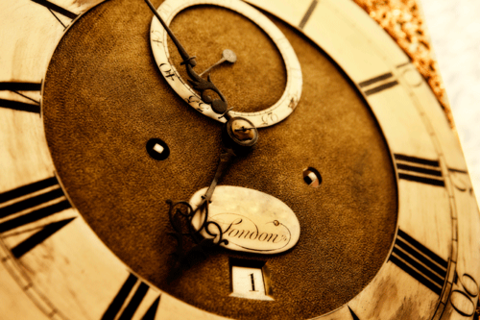
If you could be young again and keep the wisdom of your later years, what would you most appreciate in life?
This is a variation on the age-old question if you knew then what you know now, what would you do differently? As endlessly repeated as this question has been throughout the ages—no pun intended—it remains one of those deep sources of archetypal angst we mortals suffer from, generation after generation. Its answer wears a million shades of every color you can imagine, and yet it remains unanswered to this day.
When will we learn? When will we, as young and heady adolescents, truly listen to our elders and embody the wisdom they have so painfully learned? When will we, as experienced and mature adults, bask in the impossible joy of seeing our children heed our words of advice, do it all right, and redeem our own reckless lifepaths?
Youth, they say, is wasted on the young. And hindsight wears no corrective lenses. At no time in life does this become as painfully clear as when we finally lose that fevered blush of youth, the invincible power of our bodies, the impassioned decisions that deliver us through fire and storms to wisdom—or a whole lot of correction and catching up.
In my short story Bakaly, the main character, a young man in his prime, gets caught up in an impossible roulette game that effectively costs him his life. The driving force that keeps him playing is at first raw greed and the thrill of competition, but soon turns to measured strategic thinking to preserve his own soul, and murderous hatred and panic mixed with the genuine desire to save his opponent. He wins that battle, but at the dear cost of his youth. In the space of a single night, he gains the kind of profound insight into what it means to live that most of us achieve only after an entire lifetime.
In either case, by then it’s too late.
The story is an allegory for how we in modern society live our lives, or rather, how we have been conditioned to live our lives. In our youth, our social environment, the media we consume, the schools that educate us, the political system that governs us, the economy that supports us, our very families, friends, and peers—who are themselves blinded by the same false dream—tell us that what we want in life is SUCCESS, and the way to get there is to study hard, work smart, network, be innovative, be number one… you’ve heard that song.
Luckily for us, we can never age by leaps and bounds like the young man in Bakaly. And yet the concept is not as far-fetched as it may seem: how many of us in our fourties, or even thirties, feel and look much older than we ideally should? And how much of that do we attribute to stress, inadequate nutrition and sleep, and the incessant drive to achieve power, status, wealth, and other societal markers of “success”? Our “rat race” reference is not so removed from the roulette… a round wheel that goes round and round, faster and faster… and saps the years from our lives one by one.
Why do we talk about investment in financial instruments for our retirement, but not about investment in our health and happiness right now? Why do we define success by where the decimals fall in our bank accounts? Most critical perhaps is the question, how do we reconcile our worship of the beauty and vigor of youth and the wealth and power of old age?
The answer lies in stopping that wheel.







